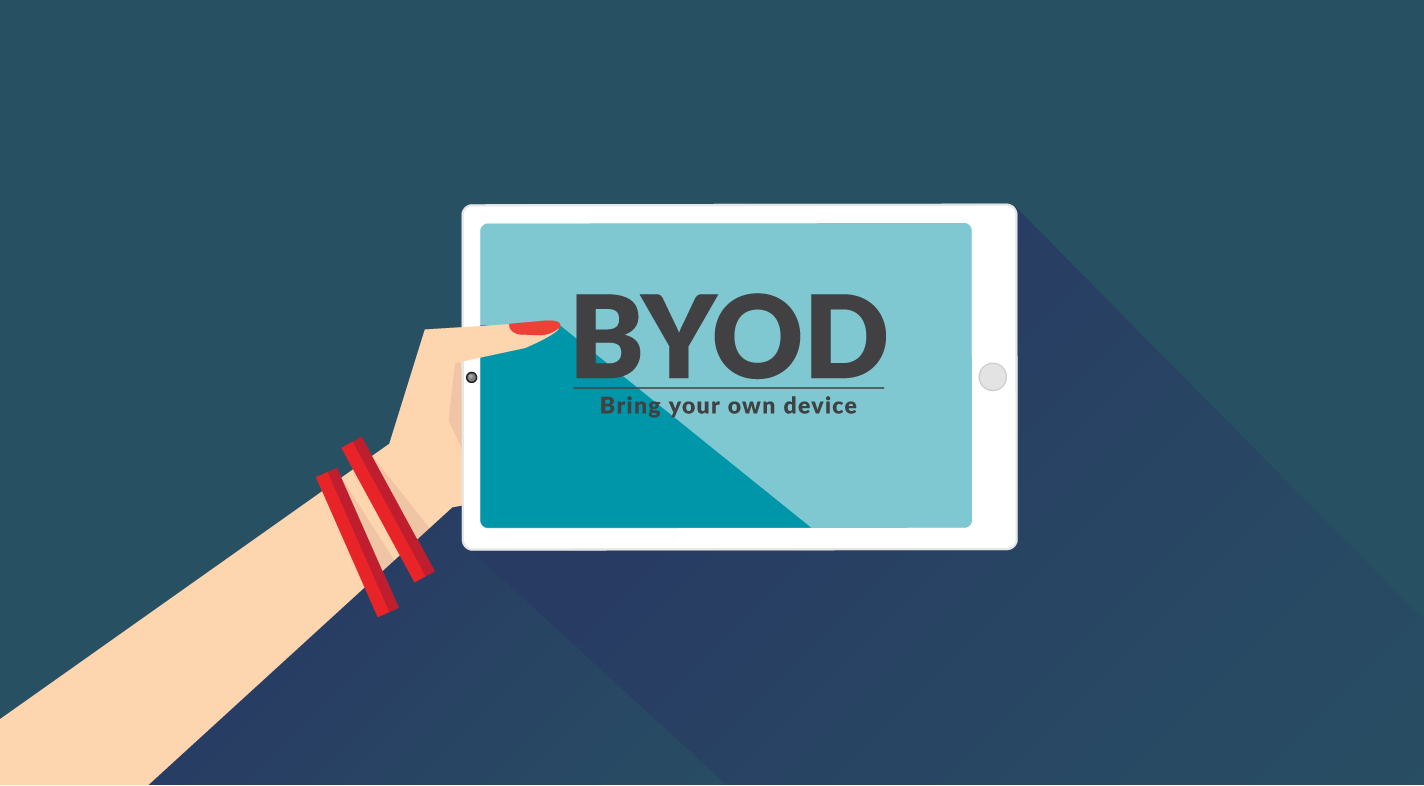Mobility is becoming an increased necessity in today’s workforce, with employers now allowing employees to use their own device at work instead of providing one for them. The BYOD (bring your own device) is a growing trend in business IT and while the BYOD movement provides a lot of benefits to both the employer and employee, there are some concerns that should be noted before taking the leap in either direction.
Pro: Shifting cost to the employee
A huge benefit to companies is that by allowing employees to use their own devices, they can shift the costs to the employee, many of which, are happy to do so. In some cases, the employer provides a small monthly reimbursement to cover part of the monthly service fee and the employee provides the phone and covers the remainder of the service charge. This could save the company roughly $50-80 per user, giving the company a healthier bottom line.
Pro: User satisfaction and enhanced productivity
There is nothing more frustrating to your workers than sticking them with a phone or laptop that isn’t their “brand”. If they are an avid Apple user and you give them a PC, chances are, frustration will set in when trying to learn a whole new device and shortcuts. And vice-versa. By allowing an employee to use their device of choice, both productivity and satisfaction soar.
Con: Acceptable usage terms
When an employee is using their personal device at work, it’s much harder for an employer to have control on how the device is used. Make sure that you have a clearly defined BYOD policy that states conditions on allowing employees to use their own device, especially when it comes to protecting confidential information, trade secrets and access to systems.
Con: Compliance and security issues
Many businesses today with a mobile workforce are also under strict compliance issues when it comes to data. HIPAA, PCI DSS and GLBA all have requirements that are related to information security and how data is protected. These rules still must be adhered to; regardless if the device is owned by an employee. This could be a potential mess for your IT department if policies are not in place on how to handle compliance and protecting valuable data. A good common practice is to have a security program installed on the phone or computer that can lock certain features or monitor access.
While BYOD policies are a sign of the times in technology, it doesn’t have to be difficult to implement if you can get ahead of the shift. Create clear policies if this will be offered by your business. By working closely with your IT department, a few simple methods can be put in place that can protect both personal and work data. Some of these methods include password and pin protections, downloading only from trusted websites, keeping anti-malware and software up-to-date, backing up data on a regular basis and having the ability to remotely wipe data from any device if it is lost or stolen. If you still have questions on your own BYOD, we’d love to help.



